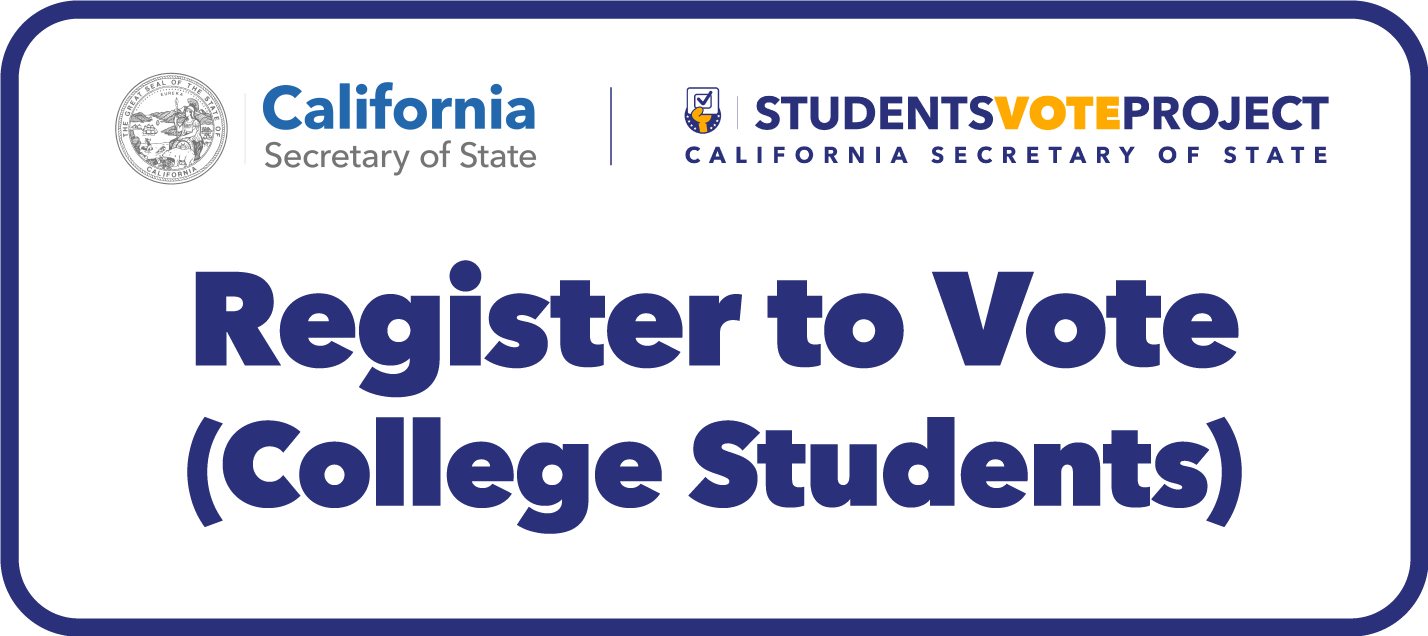Why Student Voting Is Important
College student voting is crucial for the health and future of democracy. In recent years, student voter turnout has increased dramatically, with 66% of college students voting in the 2020 election—a 14% increase from 2016 (Institute for Democracy and Higher Education [IDHE], 2021).
This surge in participation reflects growing political engagement among young people on issues like climate change and gun control. However, challenges remain, as college students still vote at lower rates than the national average (IDHE, 2021). With over 18 million students enrolled in higher education, this demographic represents a formidable voting group that can shape election outcomes. Importantly, voting is habit-forming, so encouraging civic participation in college can lead to lifelong engagement (IDHE, 2021). By voting, students not only have a voice in policies that affect them directly, but also help close equity gaps in political participation across racial and socioeconomic lines (IDHE, 2021). As the next generation of creative leaders, your vote as an Otis College student plays a vital role in shaping the future of democracy.
Upcoming Elections
| Date | Election |
|---|---|
| November 4, 2025 | 2025 Statewide Special Election |
Important Information about 2025-2026 Civic and Election Dates
On-Campus Events
- Constitution Day Programming, September 17, 2025, at 11:00 a.m. in the Commons
How to Find Information on Candidates
To find nonpartisan information about candidates, visit these resources:
- Project Vote Smart
- Ballotpedia
- VOTE411, including the
- Presidential Voter Guide
- Voting Rules by State
- Ballot Measures Voter Guide
- Vote.Gov - Voting as a College Student
- ISideWith.org - Based on what's important to you, learn which candidate you align with
Other ways to find information are to check the official websites of each candidate, attend local candidate events, watch the debate, and engage with reputable political organizations. It is important to seek out diverse perspectives and make an informed decision.
Frequently Asked Questions
Your vote holds elected officials accountable for their actions. It forces them to listen to you and the issues that most concern you. Your vote is your report card on lawmakers. If you’re not content with the job an elected official has done, you can use your vote to remove that official from office.
In addition to the general elections of federal public officials, which always falls on “the Tuesday next after the first Monday in November,” there are many local, state, and federal elections as well. Review the 2025-2026 Civic and Election Dates Calendar for more information.
Click the link to begin the voter registration process. Select your state or territory. Depending on its rules, you will find instructions on how to register:
- Online
- By mail
- In person at your local election office
Every state except North Dakota requires people to register if they want to become voters. Depending on your state, the deadline to register to vote could be as much as a month before an election. Every state has its own voter registration deadline. Find yours to make sure you can register in time to vote. Search for your State here.
Your voter registration is tied to where you live. As a college student, you can usually register to vote in either your hometown or where you attend college, depending on the residency requirements of your state. Keep in mind: You can live in more than one place, but you are only allowed to vote in one. If you are going to college in a different city than your hometown, here are things you might consider when deciding where to vote:
- Which location is more convenient for you?
- Who is on the ballot in each place?
- Are there local policies or particular issues that are important to you in either place?
Where you register to vote will not affect your federal financial aid, including FAFSA, Pell Grants, Perkins, or Stafford loans. It may affect whether you qualify for in-state tuition.
Visit Can I Vote and select "voter registration status."
Choose your state. You will be taken to a page on your state's election website.
Check to see if you are registered.
Get your ballot from your state or territory.
Visit Can I Vote and choose your state from the dropdown menu. It will take you right to your state's absentee voting or vote-by-mail page.
Your state may require you to have a valid excuse to vote absentee. Acceptable excuses vary by state. Most include:
- Being unable to get to your polling place due to illness, injury, or disability
- Being on business travel or vacation outside of your county or city of residence on Election Day
- Being a student at an out-of-state college or university
Make sure you follow your state’s deadlines for requesting and returning your ballot. See your state’s voting deadlines. And note whether the deadline is for when your ballot must be postmarked or for when it must be received by the election office.
The California Secretary of State has a summary of the Qualified Statewide Ballot Measures site. There are also other non partisan websites that summarize the issues and pros and cons available through a simple web search.
Yes! California mails a ballot to every registered voter a few weeks before the election. Keep an eye on the mailbox! Be sure to mail it back so that it is postmarked by Election Day, or drop it in a drop box before or on Election Day. You can also vote in person if you prefer to do so. California offers early voting.
Check your status based on your registered address.
The CA ballot drop-off locations website will be able to direct you to drop off locations soon on this website.
Email the Student Union, at su@otis.edu, or the Dean of Student Affairs, Dr. Theresa Lucas, at tlucas@otis.edu.
The vote is precious. It is almost sacred. It is the most powerful nonviolent tool we have in a democracy.

